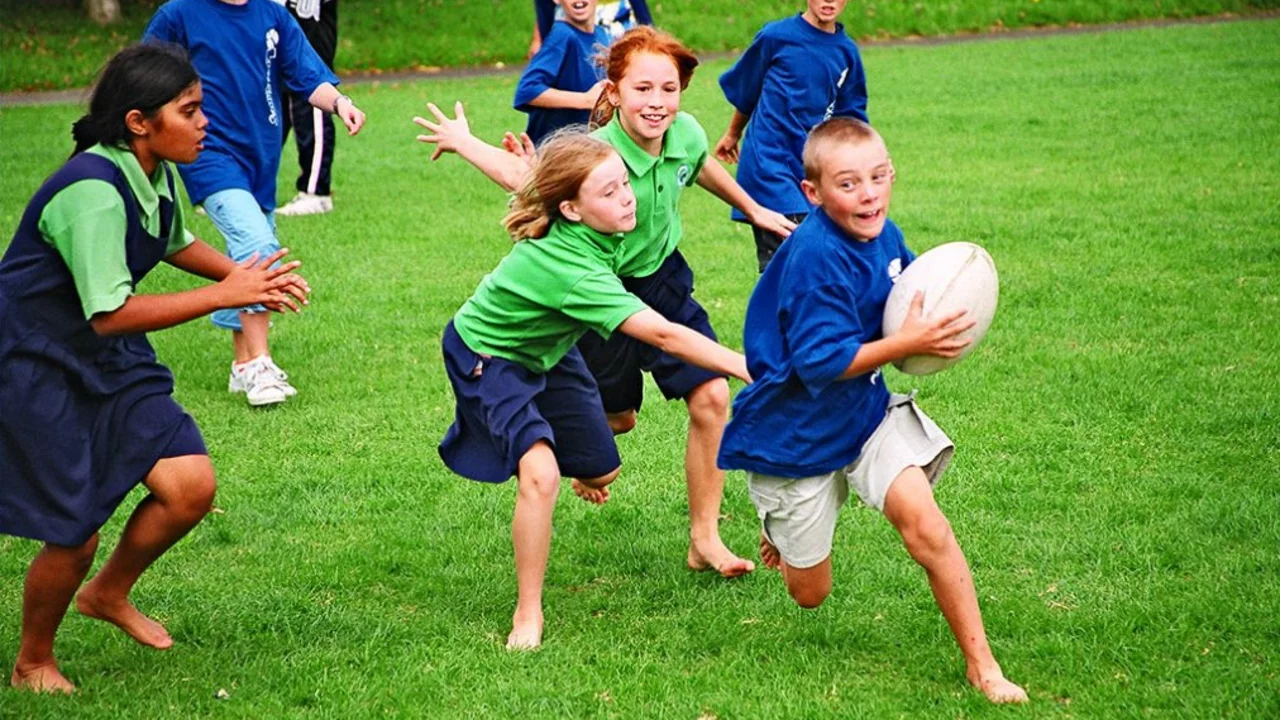Sports Psychology: How to Train Your Soccer Brain
Ever wonder why some players seem cool under pressure while others crack? It’s not just talent – it’s the mind. Sports psychology digs into the mental tricks that keep you sharp on the pitch. Below, we break down the biggest mental challenges in soccer and give you clear steps to level up your focus, confidence, and resilience.
Which Soccer Position Is the Toughest on the Mind?
Most fans think the striker gets the most pressure because they have to score. Sure, scoring matters, but the goalkeeper faces a different kind of stress. A single slip can hand the other team a win, so the goalkeeper lives with constant “what‑if” thoughts. They need razor‑sharp focus for every split second, plus the ability to bounce back after a bad goal.
Take the example from our recent post, “Which soccer position is mentally challenging?” The article points out that a keeper’s job is a mental marathon. They train the body to dive, catch, and punch, but they also train the brain to stay calm when the crowd roars and the clock ticks down.
Practical Mental Skills for Every Player
You don’t have to be a goalkeeper to use sports‑psychology tricks. Here are three habits you can start today, no matter your position:
1. Visualize Your Play. Close your eyes and picture a perfect pass, a clean tackle, or a safe save. The brain treats imagination like real action, so you build confidence before you even step onto the grass.
2. Breathing Reset. When the game gets hectic, take a quick 4‑2‑4 breath: inhale for four counts, hold two, exhale for four. This simple rhythm drops heart rate, clears mental fog, and lets you make sharper decisions.
3. Positive Self‑Talk. Replace thoughts like “I can’t” with “I’ve trained for this.” A short, positive phrase repeated during warm‑up sticks in your head and pops up when pressure builds.
These habits are easy to weave into practice. Spend a minute after each drill visualizing the next move, do a breathing reset before a corner kick, and whisper a confidence cue before a free kick. Over time, your brain starts to default to the right patterns, and you’ll notice calmer nerves and quicker reactions.
Want to dig deeper? Try keeping a short journal after every match. Write down moments you felt strong mentally and moments where doubt crept in. Spotting patterns helps you target specific mental drills – like extra visualization for penalty kicks or more breathing exercises before high‑intensity sprints.
Remember, mental strength isn’t a magic switch. It’s a skill you train just like dribbling or shooting. The more you practice, the easier it becomes to stay cool, focused, and ready for anything the game throws at you.

Which soccer position is mentally challenging?
In the complex world of soccer, every position comes with its unique mental challenges. However, many argue that the goalkeeper position is the most mentally demanding. It requires intense focus, split-second decision-making, and the ability to handle immense pressure. The goalkeeper is the last line of defense, and a single mistake could cost the team the game. Therefore, this role demands not just physical prowess but also a strong and resilient mindset.
View More